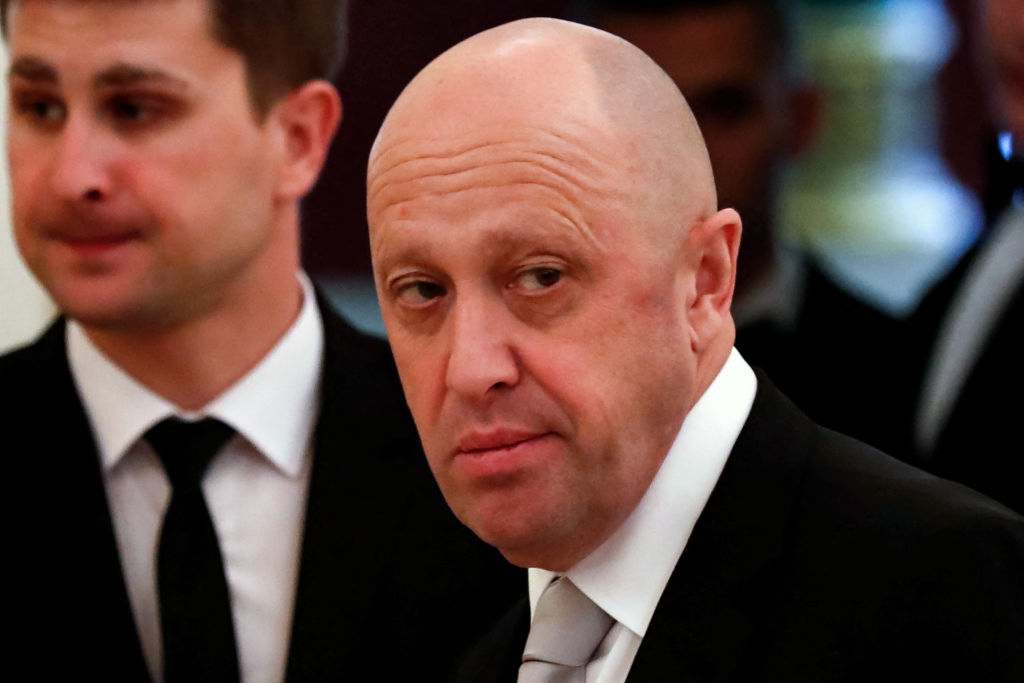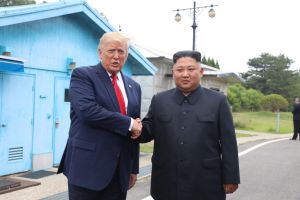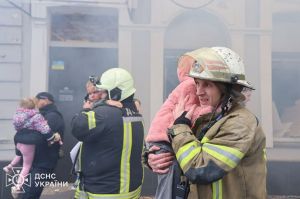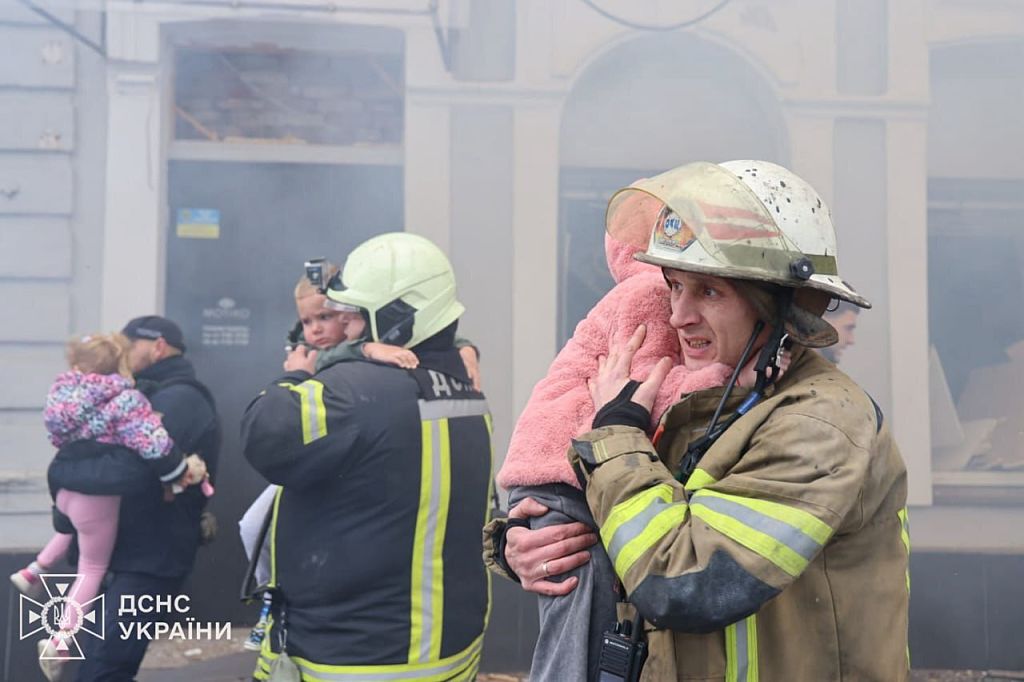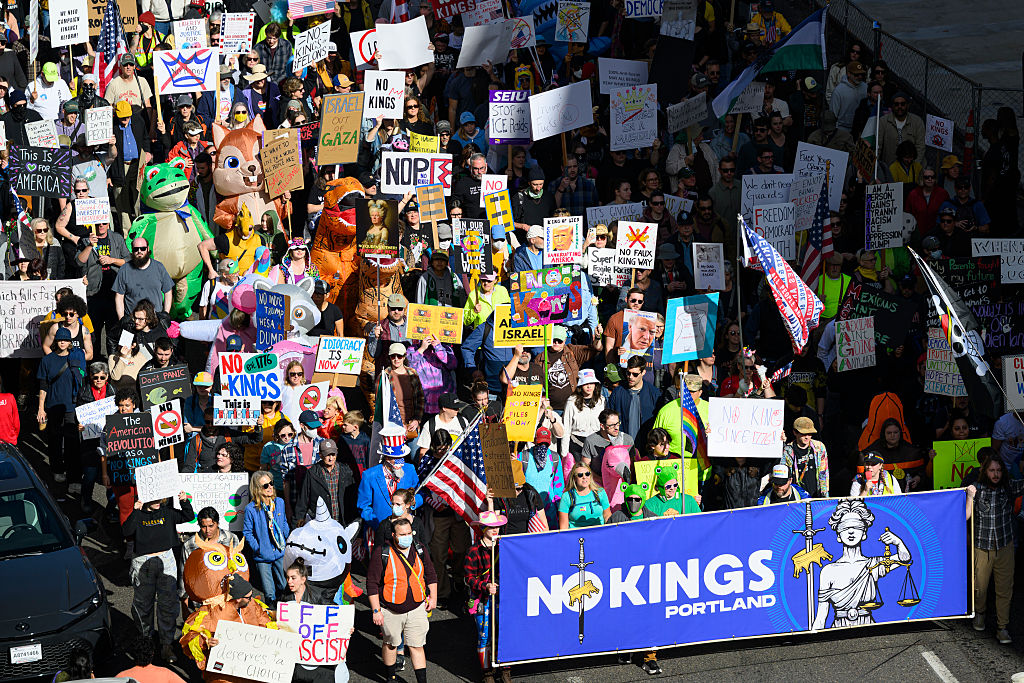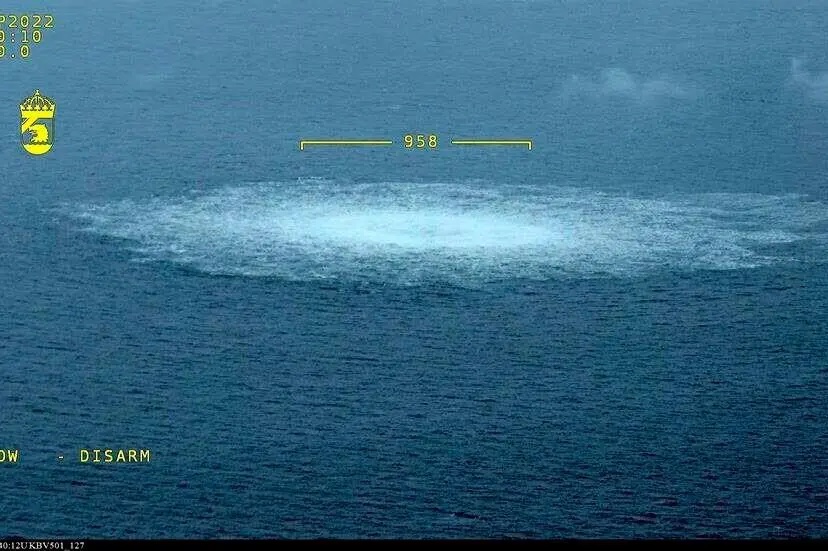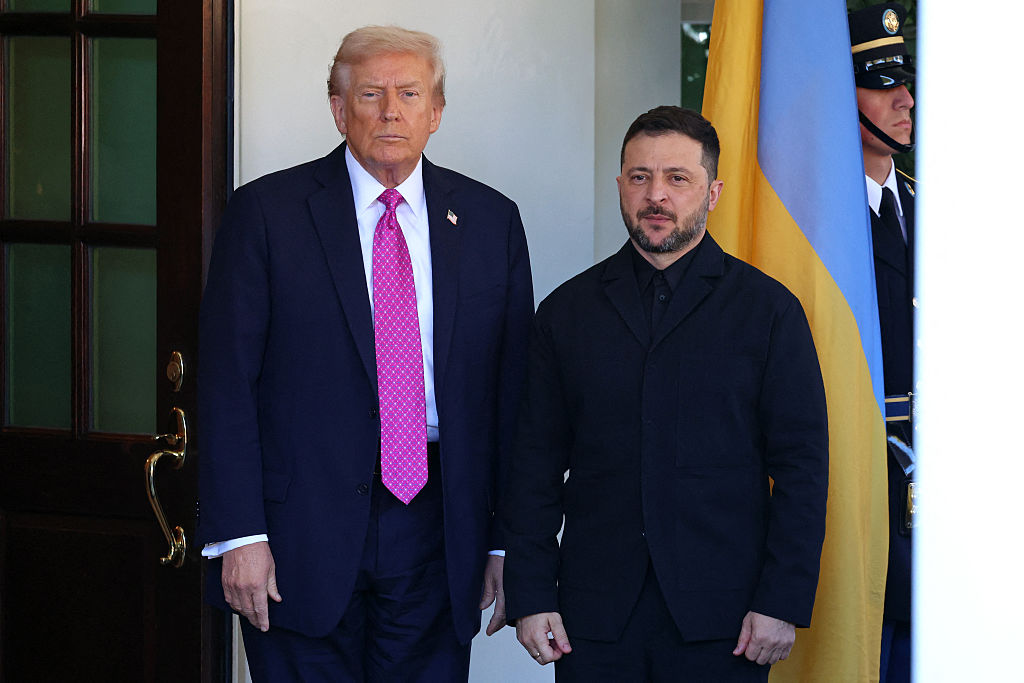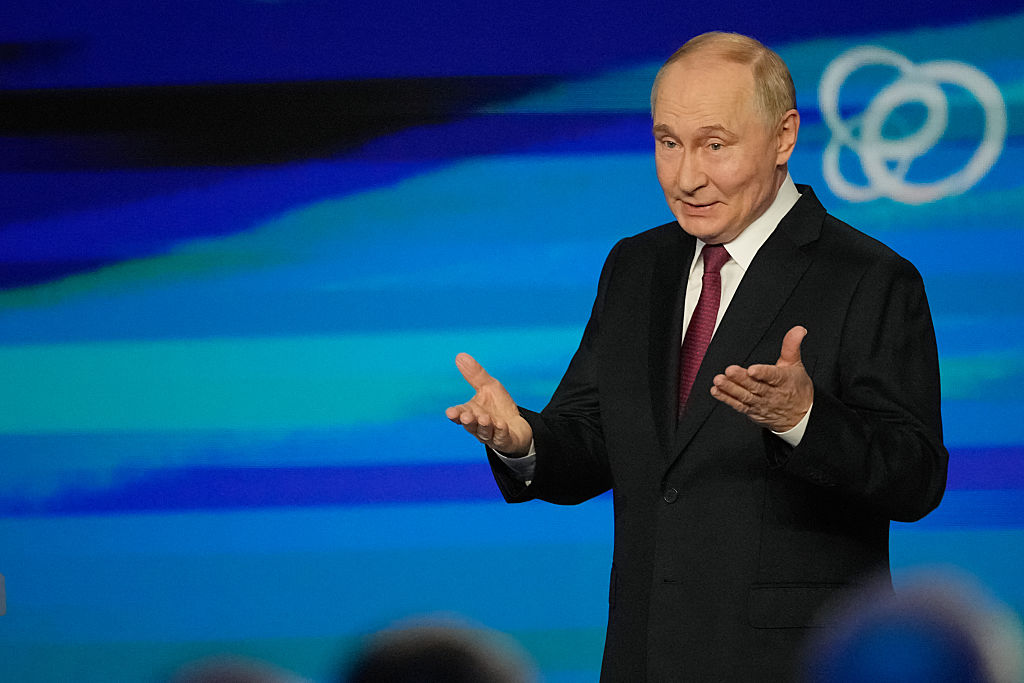Yevgeny Prigozhin died, as Macbeth almost said, as one that had been studied in his death. In the last three minutes of its existence, Prigozhin’s private Embraer Legacy jet climbed fast towards the sun, reaching the giddying height of 8,800 meters before parabolically returning to Earth, spinning slowly in flames before hitting the ground at a speed of 768 feet per minute. In what must be the least surprising story of the year, Prigozhin’s rise from violent criminal to billionaire caterer to mercenary leader to mutineer who dared mount an armed challenge to Vladimir Putin ended in a fatal, flaming fall.
Ever since his failure to carry through with his mutiny on June 23-24, Prigozhin had been a dead man walking — though he himself seemed not to realize it. As Wagner troops occupied the Russian army’s headquarters at Rostov-on-Don and an armored column headed up Russia’s main highway towards Moscow, Putin publicly denounced Prigozhin as a traitor. Then, in a surprise move that may be seen as a fatal moment of weakness, Putin appeared to pardon the rebel leader and offered Prigozhin and his men a consequence-free asylum in Belarus. Prigozhin, evidently the last person on Earth to believe Putin’s word at face value, not only stood down his troops but actually remained in Russia.
As Prigozhin blithely met with visiting African leaders in St. Petersburg, grinning and grabbing for the cameras in presidential-style hotel suites, or zig-zagged back and forth to Moscow in his private jet, he seemed oblivious to the danger he was in. Prigozhin also appeared to believe that his Wagner mercenary group could continue business as usual, popping up earlier this week to make a recruitment video purportedly at an undisclosed location in Africa. “We are hiring real knights to fight in Africa to make Russia even greater still,” Prigozhin said in his unmistakable prison-accented snarl, wearing full uniform and carrying an assault rifle while encircled by a ring of his own heavily-armed men. Then, for reasons that remain unclear, he returned to Russia where his plane was reportedly blown out of the sky by two Russian anti-aircraft missiles in the skies over Tver, just north of Moscow.
According to the flight list published on the Wagner-affiliated Telegram channel “Grey Zone,” five other passengers and three crew died with him. The Russian internet is awash with rumors that the titular head of Wagner, the former Special Forces Lieutenant Colonel Dmitry Utkin, died with him. “Wagner” had been Utkin’s radio call-sign, a reference to his enthusiasm for Nazi Germany, as evidenced by the swastika and Reichsadler tattoos on his chest.
This episode says many things about the state of Russia. First and foremost, it’s proof that Russia has become a failed state, unable to punish traitors through legal means and instead resorting to gangland-style assassination to settle its scores. In any more normal country, a mutineer and rebel would have been disarmed, arrested, tried and imprisoned. But Putin, despite his constant assertions of the power, might and majesty of the Russian state, was too weak to do so.
The loyalty of Putin’s army could not be relied upon to face down even against a force as small as Wagner’s 20,000 men. Prigozhin evidently had many friends at the top of the military and security services — including, reportedly, former Ukraine operations commander Army General Sergei Surovikin, who was removed from his post and has not been seen in public since the revolt. Nothing but the expectation of support in high places explains the brazenness of Prigozhin’s regular, foul-mouthed and very public attacks on Minister of Defense Sergei Shoigu and Chief of the General Staff Valery Gerasimov in the run up to his mutiny.
So fragmented and tribal has the leadership of the Russian armed forces become that it’s impossible to say with certainty that it was Putin himself who ordered the downing of Prigozhin’s plane, or one of his many other enemies in Moscow’s high command. We will probably never know the truth — though the timing of the killing, just a day after Putin addressed BRICS leaders by video-link at their summit in South Africa, suggests that whoever ordered the shoot-down wished to avoid embarrassing the boss before a major diplomatic event.
Some will argue that in murdering Prigozhin, Putin has settled scores, re-established himself as top dog and strengthened his position. That logic works insofar as Prigozhin was indeed living, breathing proof of the limits of Putin’s authority to punish those who defied him. But as the once all-powerful oligarch Boris Berezovsky — the man who played a key role in anointing Putin as Boris Yeltsin’s successor — once told me, the upper echelons of Putin’s Russia work on “understandings,” not laws. Just like the mafia, Putin’s people value personal trust above all things — and part of that trust is keeping your word. Putin broke his word to Prigozhin, he reneged on a deal, and he killed a man who had remained in Russia because he had trusted him.
So Prigozhin’s murder also carries another important lesson for future would-be challengers. Putin’s word is worth nothing. And if you come at the Tsar, you have to finish the job.
As for Prigozhin, Wagner itself provided the most fitting epitaph: “Even in Hell, he will be the best! Glory to Russia!”



